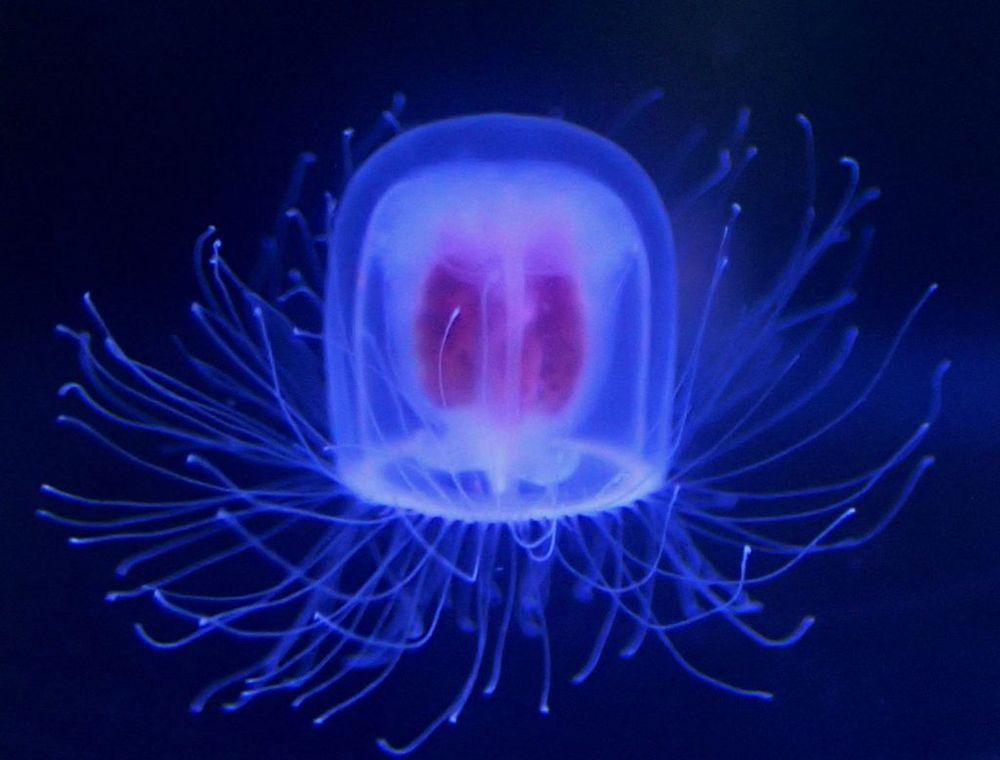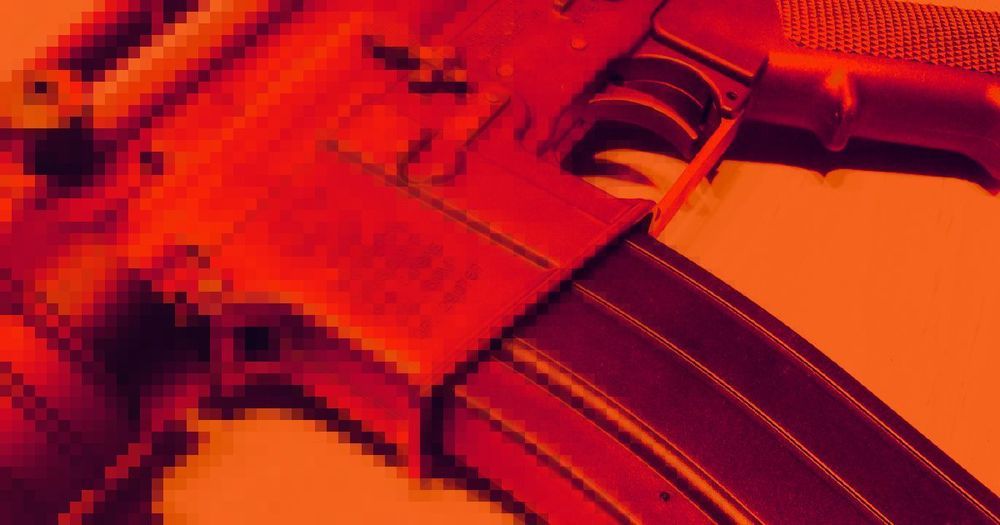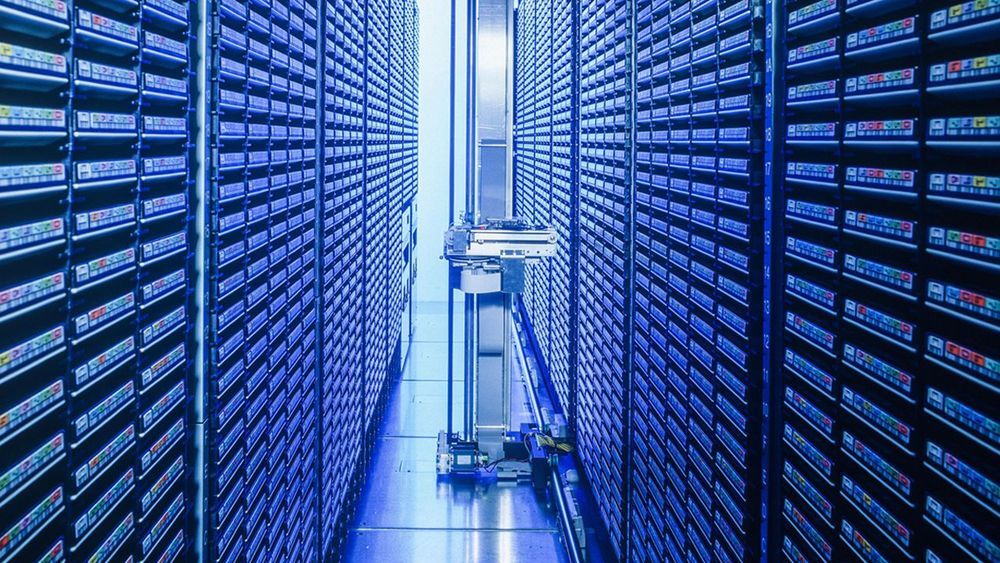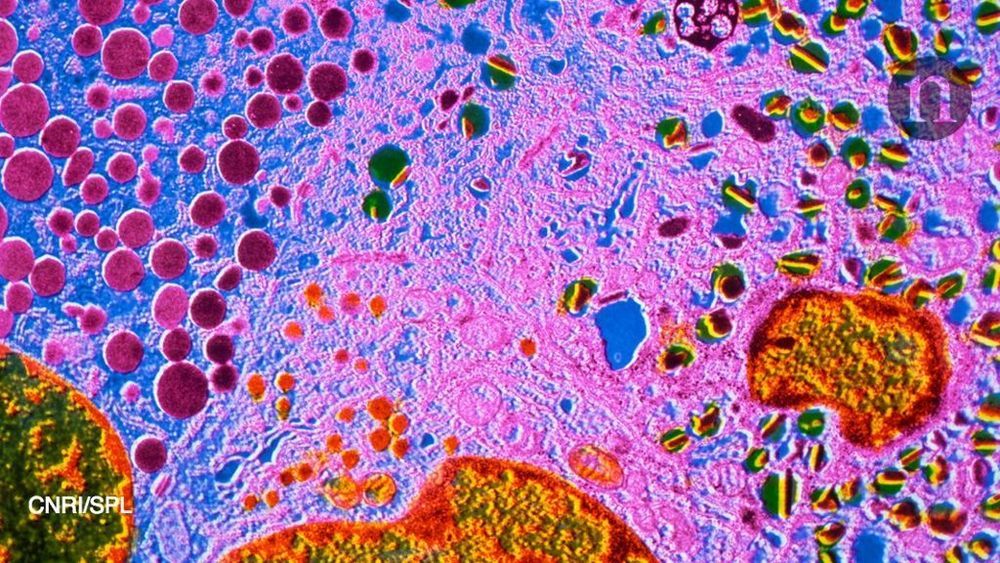A deep sea sponge belonging to the species Monorhaphis chuni can live up to 11,000 years.


Engineers at the University of California San Diego used a technique called spark-plasma sintering to create the new metallic glass.
They did this by placing powdered iron into a graphite mold and then raising the pressure it is under to 1,000 atmospheres.
They then zapped the powder with an electric current, heating it to 1166°F (630°C), causing it to bind together without ever becoming liquid.


Circa 2008
“Truth uncompromisingly told will always have its ragged edges.” Herman Melville.
Call me Ishmael for making conjectures unflattering to humankind, but could Moby Dick have been smarter than captain Ahab? Melville certainly seemed to think so. Moby clipped off one of the captain’s legs and then, years later, in a brilliant move of cetacean jujitsu, drowned poor Ahab by towing him into the abyss by the harpoon rope tangled around Ahab’s remaining leg. “From Hell’s heart I stab at thee!” Gulp. We humans pride ourselves on our big brains. We never seem to tire of bragging about how our supreme intelligence empowers us to lord over all other animals on the planet. Yet the biological facts don’t quite square with Homo sapiens’ arrogance. The fact is, people do not have the largest brains on the planet, either in absolute size or in proportion to body size. Whales, not people, have the biggest brains of any animal on earth.



A research team led by Professor Johann de Bono at the Institute of Cancer Research, London has successfully tested a new drug that has infiltrated different forms of cancer in an ongoing human trial [1].
The drug is called tisotumab vedotin (TV) and works like a ‘Trojan Horse’ by hiding a cancer-killing payload inside an antibody, which allows it to infiltrate the tumor and attack it from the inside.
The antibody seeks out a surface receptor on tumor cells known as ‘tissue factor’ (TF). TF is expressed by many tumor cells and contributes to a variety of pathological processes, including thrombosis, metastasis, tumor growth, and tumor angiogenesis. Once the antibody has located the TF receptor, it binds to it, and the cancer-killing payload is able to enter the tumor cell and destroy it from the inside.
Lifetime adversity and increased neural processing during a traumatic event combine to increase the frequency of intrusive traumatic memories and the distress they cause, according to a new study in Biological Psychiatry: Cognitive Neuroscience and Neuroimaging. The increased neural processing was found in brain regions important for emotion and memory. The involuntary recollection of traumatic events is a core symptom of posttraumatic stress disorder (PTSD), and the findings could help explain why some people are susceptible to the effects of traumatic experiences and others are resilient.
“Understanding why some people develop intrusive thoughts of a stressful or traumatic event and others do not is an important step towards preventing and treating posttraumatic stress disorder,” said Cameron Carter, MD, Editor of Biological Psychiatry: Cognitive Neuroscience and Neuroimaging.
Due to the nature of real-life trauma, which happens randomly and encompasses many different kinds of adversity, it is impossible to examine how neural processing during natural events contributes to PTSD. Researchers at the University of Salzburg, Austria, have now completed the first study of two well-known risk factors of PTSD, using fMRI to measure brain function during experimental trauma. After watching disturbing films of severe interpersonal violence, the study participants reported how often they experienced intrusive memories of the films, and how distressing the memories were. “This allowed us to study how the brain deals with intensely emotional events,” said lead author Julina Rattel, MSc, a Ph.D. student in the laboratory of senior author Frank Wilhelm, Ph.D.

The destruction of a single kind of insulin-producing cell in the pancreas can lead to diabetes — but a study suggests that other cells could be modified to take its place and help to control blood sugar levels.
The results raise hopes that ‘reprogrammed’ insulin-producing cells could be used as treatment for diabetes, but the approach has so far only been tested with human cells in mice studies.
In a study published on 13 February in Nature, researchers report coaxing human pancreatic cells that don’t normally make insulin, a hormone that regulates the amount of glucose in the blood, to change their identity and begin producing the hormone.